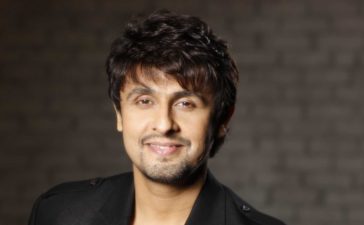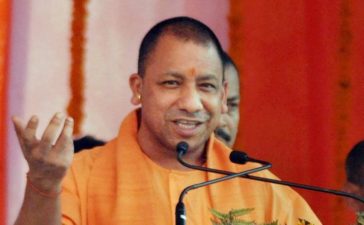
“Dear Zindagi”; Director: Gauri Shinde; Cast: Alia Bhatt, Shah Rukh Khan, Kunal Kapoor, Angad Bedi, Yashaswini Dayama, Ira Dubey, Aditya Roy Kapur
Gauri Shinde’s “Dear Zindagi” is a youth-centric cathartic film which gives you a glimpse of how they deal with life, relationships and the issues that bog them down. Perhaps, it is only the youth who will relate to – the heartaches, seeking their dream job, problems with parents, et al. Kaira aka Koko (Alia Bhatt) is a 25-year-old Mumbai based cinematographer, who is independent, busy shooting ad films and longing to shoot her first full length feature. Carefree, happy-go-lucky, she is in and out of relationships, some unrequited, others unfulfilled.
She cringes at the very mention of Goa where her parents live as she does not enjoy a great relationship with them. A heartbreak leads her to the couch of a therapist Dr. Jehangir Khan (Shah Rukh Khan) and her life changes. Alia as the free-spirited, emotional youngster, craving love shines all the way. The film belongs to her and she does full justice to her character, emoting effortlessly, making the audience empathise with her highs and lows. Whether it is venting her pent-up pain or playing kabaddi with the waves on a beach, she is a treat to watch. In fact, she almost single-handedly carries the film with a weak plot on her fragile shoulders.
Shah Rukh Khan as Dr. Jehangir Khan aka Jug, the “Dimaag-ka-Doctor”, lights up the screen with his charisma and persona, in an immensely likeable character he portrays, but has limited scope. He is still SRK and not the character on screen and his dialogue delivery still remains very Shah Rukh Khanesque. Yashaswini Dayama and Ira Dubey, as Kaira’s friends are lively and make their presence felt with their portrayals. Kunal Kapoor as Raghuvendra, one of Alia’s love interests in the film, is lacklustre and there is a feeling of deja vu watching him on screen. Ali Zafar as a musician too looks every inch his part, strumming the guitar and belting out romantic numbers, but is nothing more than that.
The film belts out life lessons in abundance through verbose expositions, profound dialogues, some in conversations, but many in the therapy room, all of which make sense but tend to be repetitive beyond a point. The film lacks drama and is stretched to over 2.5 hours on a wafer-thin plot, making for tedious viewing. Humour comes in the form of some light-hearted moments but is not enough to give respite. The second half of the film drags endlessly, although the pieces of the jigsaw puzzle of her life fall into place as she makes peace with life. Amit Trivedi’s music too fails to make an impact and is almost lost. The film expectedly has good production values and the ethos of Goa is beautifully captured through the lens of Laxman Utekar. “Dear Zindagi” could have been a lively, fun film albeit with life lessons, rather than the long-winded slice of life it is.







